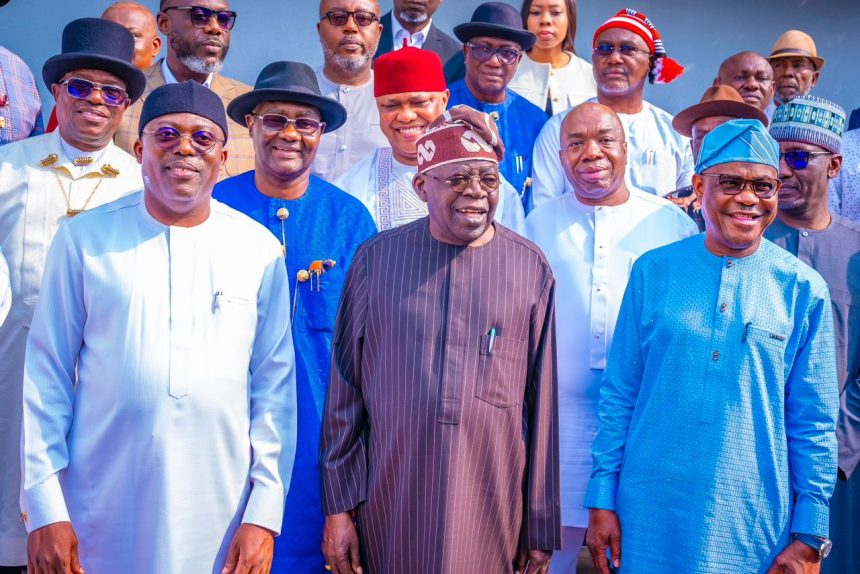Google has officially announced that it is implementing restrictions on the types of election-related inquiries users can pose to its Artificial Intelligence (AI) chatbot, Gemini.
In a recent blog post, the tech giant revealed that this policy has been initiated in India, which is scheduled to conduct elections commencing in April. This decision aligns with Google’s objective to mitigate potential controversies surrounding AI technology.
Gemini serves as Google’s equivalent of the popular chatbot ChatGPT. It possesses the capability to respond to queries in text format and can even generate images.
A spokesperson for Google informed reporters that this recent action is part of the company’s previously announced plans concerning its approach to elections, which were unveiled last December.
“As we shared last December, in anticipation of numerous elections taking place worldwide in 2024 and as a precautionary measure, we are limiting the types of election-related queries that Gemini will provide responses to,” the spokesperson stated.
Elections are slated to occur in various countries globally this year, including the United States, the United Kingdom, and South Africa.
When questioned about upcoming elections, Gemini consistently responded with: “I’m still learning how to answer this question. In the meantime, try Google Search.”
However, when posed with a series of follow-up inquiries regarding Indian politics, Gemini did provide more detailed responses concerning the country’s prominent political parties.
Advancements in generative AI technology have sparked concerns about misinformation, prompting governments worldwide to take steps toward regulating the technology.
In recent weeks, India has mandated that technology firms obtain approval before releasing AI tools deemed “unreliable” or undergoing trial phases.
In February, Google issued an apology after its newly introduced AI image generator produced an image of the US Founding Fathers that inaccurately depicted a black man. Additionally, Gemini generated images of German soldiers from World War Two, which incorrectly featured a black man and an Asian woman.
In response, Google promptly “paused” the tool, acknowledging in a blog post that it had “missed the mark.”



























